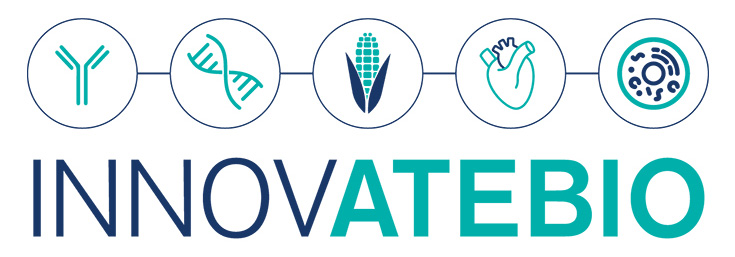National Biotechnology Education Center
Supply Chain
Students Manufacturing for Students
Our goal is to prepare students for high-demand, high-wage jobs in the biotechnology/life science sector through a hands-on, real-life manufacturing experience. Supply chain provides community college students with skills-based job training through the production of low-cost educational bio-materials and kits. These savings are passed on to high school and college teachers who use the kits in their science classes.
What we can do for you:
For community college programs,
- Advise you on how to implement a supply chain project.
- Provide guidelines, documents, and templates to produce specific products for high school partners or other customers.
For high school programs,
- Provide support for supply chain products and hands-on biotech lessons.
- Provide a bridge to community college partners.

Terri Quenzer, Ph.D.
- Executive Director, Bioscience Workforce Development Hub
CA Community Colleges
Hosted at MiraCosta College - tquenzer@miracosta.edu
A Sustainable Template to Support Biotech in Your Area
BABEC, Bay Area Bioscience Education Community, is a non-profit organization that provides bioscience resources to high school and community college teachers. For over 25 years, we have administered one of the largest curriculum and kit sharing programs in the country –serving 347 schools, 5,085 teachers and 1,540,000 students. Our supply chain project, BIOSCOPE, provides community college students with skills-based job training through the production of low-cost educational bio-materials and kits. The core principle of supply chain is quality, with emphasis on good manufacturing principles and quality control. Through supply chain participation, students learn teamwork, interpersonal and business communication, critical thinking, and work-place discipline skills.
We can help you implement manufacturing supply chain projects in which students follow standard operating procedures (SOPs) to manufacture a finished product, such as a biotech reagent or kit. On the manufacturing side, students learn the importance of quality control, compliance, and supply chain management – including inventory, logistics, and analytics. On the consumer side, “customers” in high school or college biotech, biology or elective biology classes perform experiments that might not be affordable using commercial kits. Supply chain projects encompass built-in sustainability, because low-cost materials reach more students that will become the next generation of biotechnicians.
For more information:
Contact us
Hub Host
Bay Area Bioscience Education Community (BABEC)
San Francisco, California


